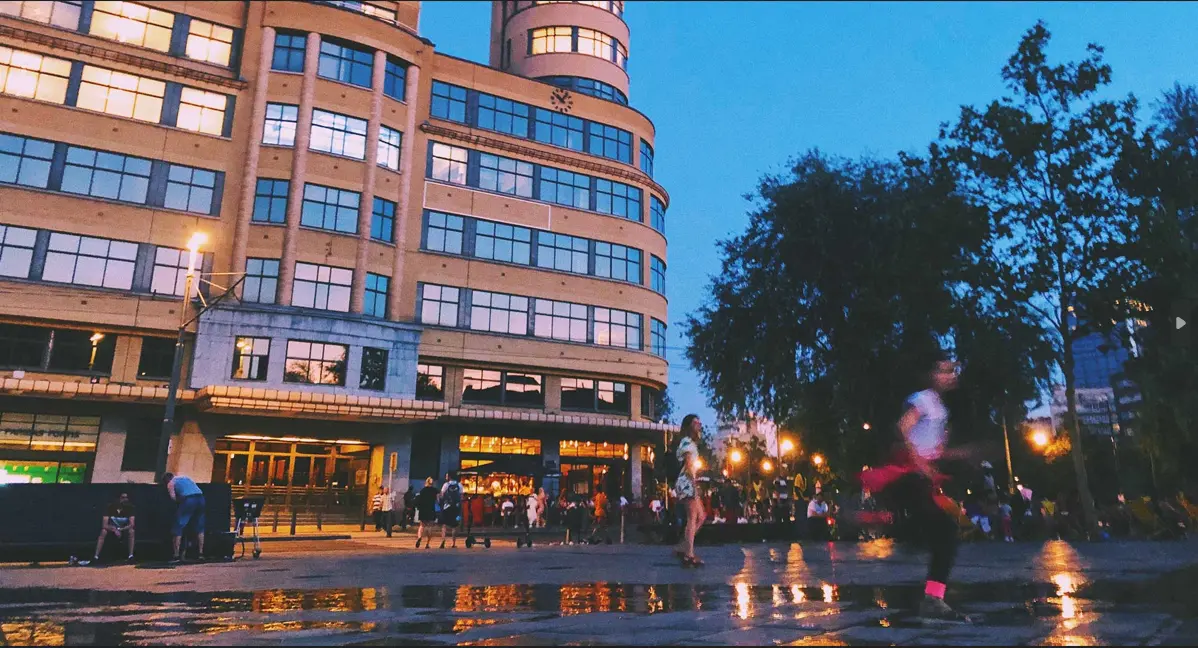
IAM becomes MyAccess, now for all our partners
For years, our customers have used IAM to access applications developed by Paradigm. Today, this service is evolving, changing its name, and taking on a new dimension: IAM is becoming MyAccess.

Which administrations and institutions are there in the Brussels Region? Find out more about the Parliament, ministers,...
Clarification of the Region's capabilities, our strategy, and political priorities, our values, and the available...
The administrations of the Brussels-Capital Region provide data on which you can work, publications available via the...
Discover the necessary steps to file a complaint with an institution in the Brussels-Capital Region. The list below...
How do elections take place in Brussels? How can the public participate in decision-making?
In the public procurements and subsidies register, it will take you only a few clicks to find the expenses incurred by...

For years, our customers have used IAM to access applications developed by Paradigm. Today, this service is evolving, changing its name, and taking on a new dimension: IAM is becoming MyAccess.

On 17 and 18 June, GreenTech Forum Brussels is returning to Maison de la Poste. Paradigm, a partner of the event,...

A pilot project has allowed the Responsible Digital Unit of Paradigm, regional digital orchestrator, to validate a...
Artificial Intelligence (AI) is making its way into our daily lives, and into our businesses in particular. The...
Artificial Intelligence (AI) is making its way into our daily lives, and into our businesses in particular. The...